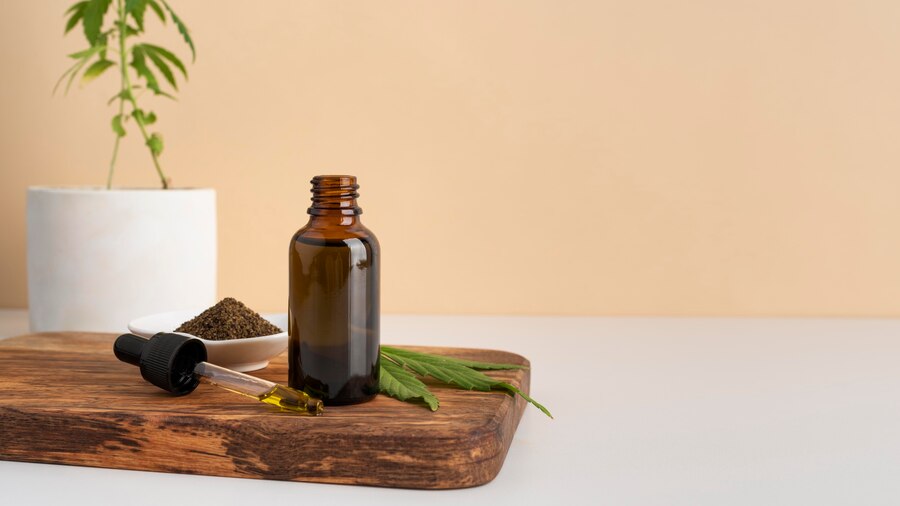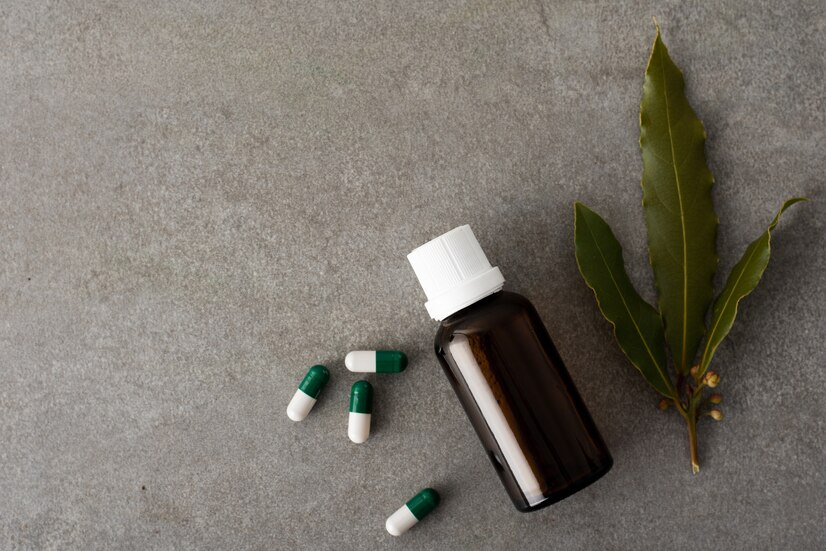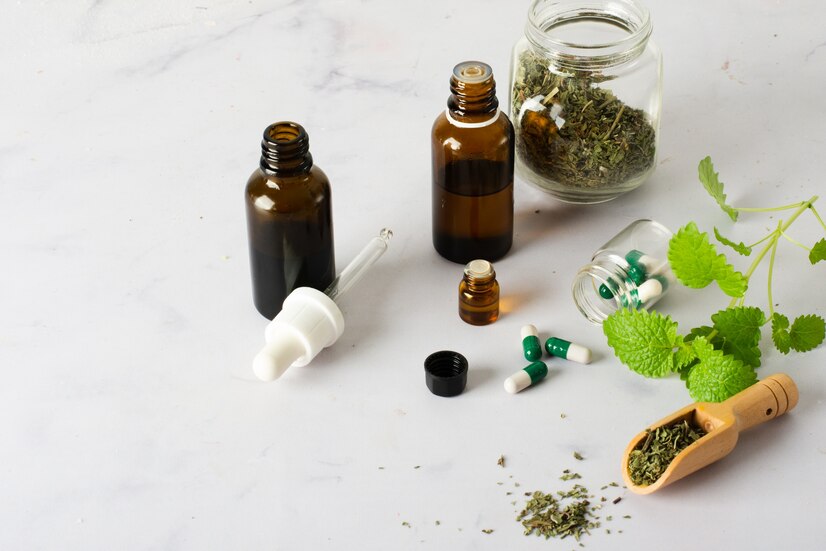Table of contents
- Understanding CBD: A Natural Compound with Therapeutic Potential
- Traditional Medications: Benefits and Risks
- Comparing the Safety of CBD and Traditional Medications
- The Importance of Consulting Your Doctor
- FAQs About CBD and Traditional Medications
- Conclusion: Making Informed Choices About CBD and Traditional Medications
As interest in holistic wellness continues to grow, many people are turning to natural alternatives like cannabidiol (CBD) for managing a range of health conditions. One of the most important considerations when exploring any health product is its safety profile. In this post, we take a closer look at CBD and Traditional Medications, comparing their respective safety, potential side effects, and long-term implications.
Understanding CBD: A Natural Compound with Therapeutic Potential

CBD is a naturally occurring cannabinoid found in the hemp plant. Unlike THC (tetrahydrocannabinol), CBD does not cause a psychoactive “high.” It interacts with the body’s endocannabinoid system (ECS), which plays a role in regulating pain, inflammation, mood, and sleep.
Research and anecdotal reports suggest that CBD may be beneficial for conditions such as:
- Chronic pain
- Anxiety and stress
- Epilepsy
- Inflammation
- Insomnia
As its popularity rises, questions about its safety compared to conventional pharmaceuticals are becoming increasingly relevant.
Traditional Medications: Benefits and Risks

Traditional medications include both over-the-counter (OTC) and prescription drugs. While they are essential in modern healthcare and can be life-saving, they often come with a well-documented list of side effects and potential risks.
Some commonly used traditional medications include:
- NSAIDs (e.g., ibuprofen, aspirin): Used for pain and inflammation, but can cause gastrointestinal bleeding and liver/kidney issues with long-term use.
- Opioids (e.g., morphine, oxycodone): Powerful painkillers, but highly addictive and can depress respiration.
- Benzodiazepines (e.g., Xanax, Valium): Used for anxiety and sleep but carry risks of dependency and withdrawal.
- Antidepressants (e.g., SSRIs): Effective for many, but can cause side effects such as weight gain, insomnia, or emotional blunting.
Comparing the Safety of CBD and Traditional Medications
1. Addiction and Dependency
- Traditional Medications: Opioids and benzodiazepines are known for their high risk of addiction and physical dependency.
- CBD: Currently shows no evidence of addiction or dependency, making it a potentially safer long-term option for some users.
2. Side Effects
- Traditional Medications: Side effects vary widely but can include nausea, dizziness, drowsiness, gastrointestinal issues, and more.
- CBD: Side effects are typically mild and may include dry mouth, slight drowsiness, or changes in appetite.
3. Drug Interactions
- Traditional Medications: Can interact negatively with a wide variety of drugs, requiring close medical supervision.
- CBD: May interact with certain medications by affecting liver enzymes (especially those metabolized by CYP450), so consultation with a healthcare provider is essential.
4. Long-Term Use
- Traditional Medications: Long-term use can result in organ damage (e.g., liver, kidneys), tolerance, or dependence.
- CBD: Preliminary studies suggest it may be safe for long-term use, though more research is needed for conclusive results.
5. Regulation and Purity
- Traditional Medications: Heavily regulated and standardized.
- CBD: Less regulated, so quality varies. Consumers should seek third-party tested, reputable CBD brands to ensure purity and safety.
The Importance of Consulting Your Doctor
Even though CBD is generally considered safe, it’s crucial to consult a healthcare provider before starting any new treatment—especially if you’re taking prescription medications. A medical professional can help evaluate potential interactions and recommend appropriate dosages.
FAQs About CBD and Traditional Medications
CBD is generally considered safer in terms of side effects and dependency, but it’s not a replacement for essential medications without professional advice.
CBD may interact with certain medications, especially those processed by the liver. Always consult a doctor before combining CBD with other treatments.
No, studies indicate that CBD is non-addictive and does not produce withdrawal symptoms.
Most people tolerate CBD well. In rare cases, it may cause fatigue, changes in appetite, or interactions with other drugs.
Look for third-party lab-tested products with clear labeling, no harmful additives, and reputable sourcing (organic hemp is ideal).
Conclusion: Making Informed Choices About CBD and Traditional Medications
Both CBD and Traditional Medications play valuable roles in health and wellness. While traditional medications are indispensable in many clinical situations, CBD offers a gentler, more natural alternative or complement for some conditions. Understanding the differences in safety profiles can help individuals make informed decisions about their health and wellness journey.
As research continues, CBD may become even more integrated into mainstream healthcare—especially for those seeking to minimize side effects or reduce reliance on pharmaceuticals.






Very useful post